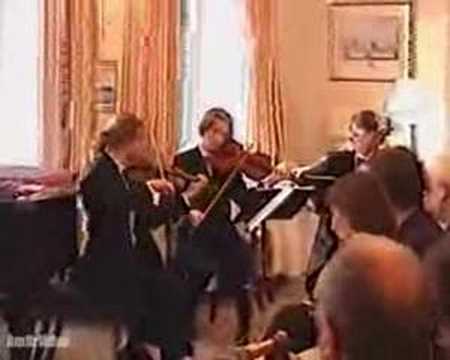Simon Boccanegra – Cornell MacNeil
Amelia Grimaldi – Leyla Gencer
Gabriele Adorno – Carlos ( Carlo ) Cossutta
Jacopo Fiesco – William Wilderman
Paolo Albiani – Gian-Piero ( Giampietro ) Mastromei
Pietro – Tulio Gagliardo
Un’ancella – Corrada Malfa
Un capitano dei balestrieri – José Crea
Conductor – Bruno Bartoletti
Orchestra – Teatro Colón ( Buenos Aires )
Chorus – Teatro Colón ( Buenos Aires )









